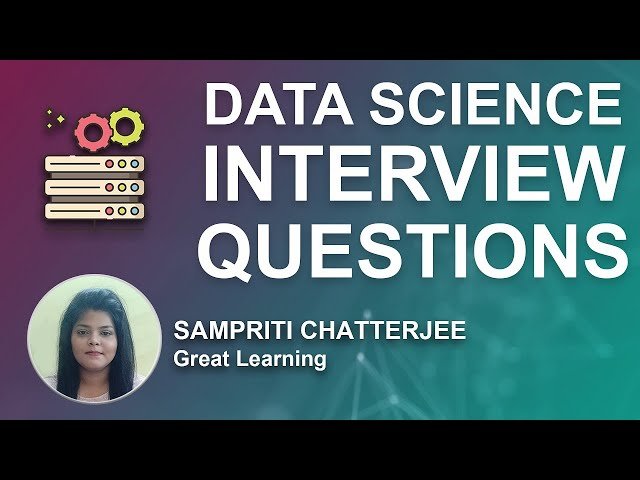Top 100 Data Science Interview Questions for Freshers (By Great Learning)

About Course
Hello and welcome to the Data Science tutorial powered by Great Learning. In this video, you will learn the answers to the most asked top 100 Data Science interview questions for freshers. If you’re moving down the path to becoming a data scientist, you must be prepared to impress prospective employers with your knowledge. In addition to explaining why data science is so important, you’ll need to show that you’re technically proficient with Big Data concepts, frameworks, and applications. In this video, we have included some of the most popular data science interview questions you can expect to face in your interview.
Course Content
Top100 Data Science Interview Questions for Freshers
-
Top 100 Data Science Interview Questions for Freshers
01:22:29
Student Ratings & Reviews

No Review Yet